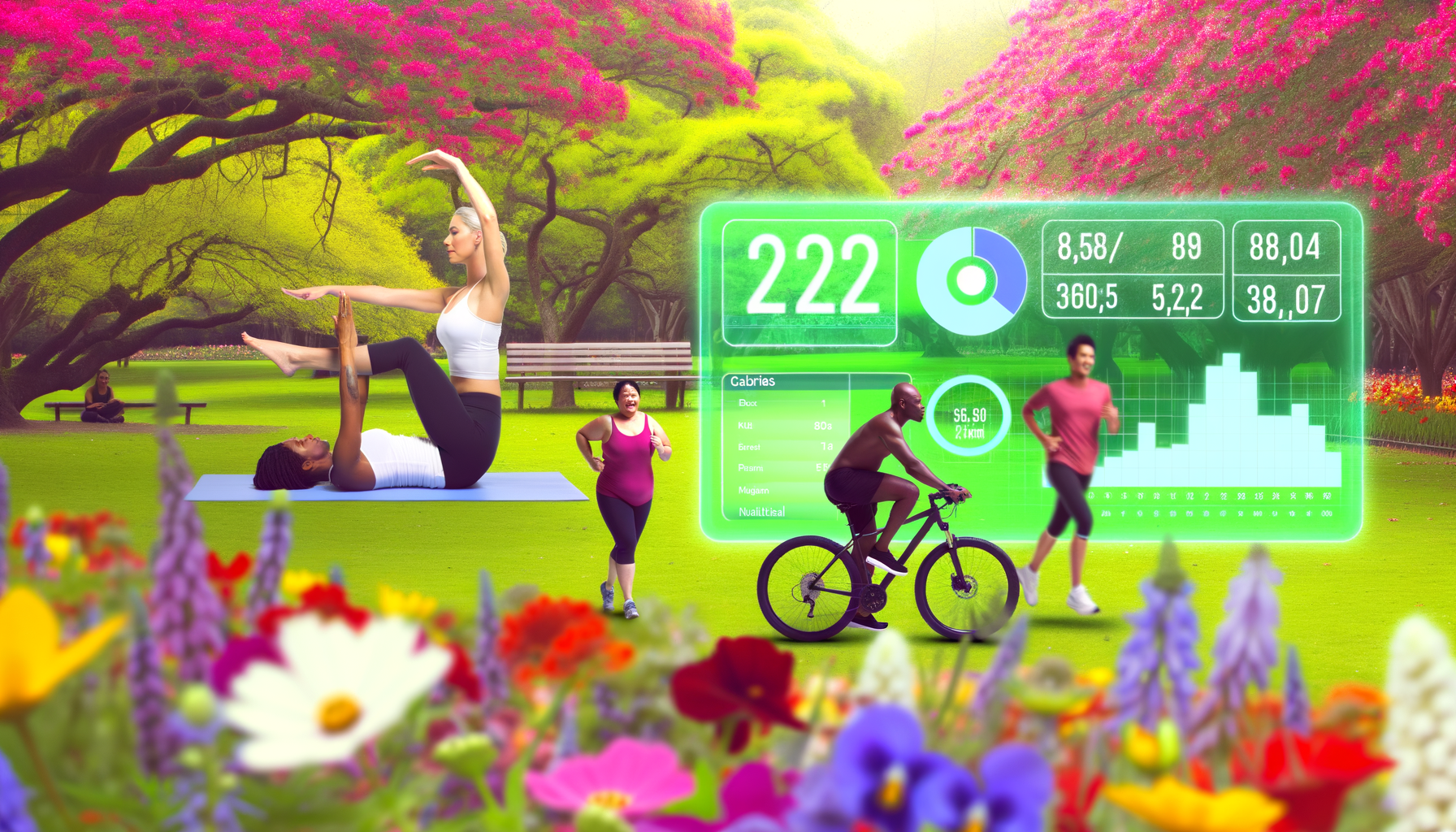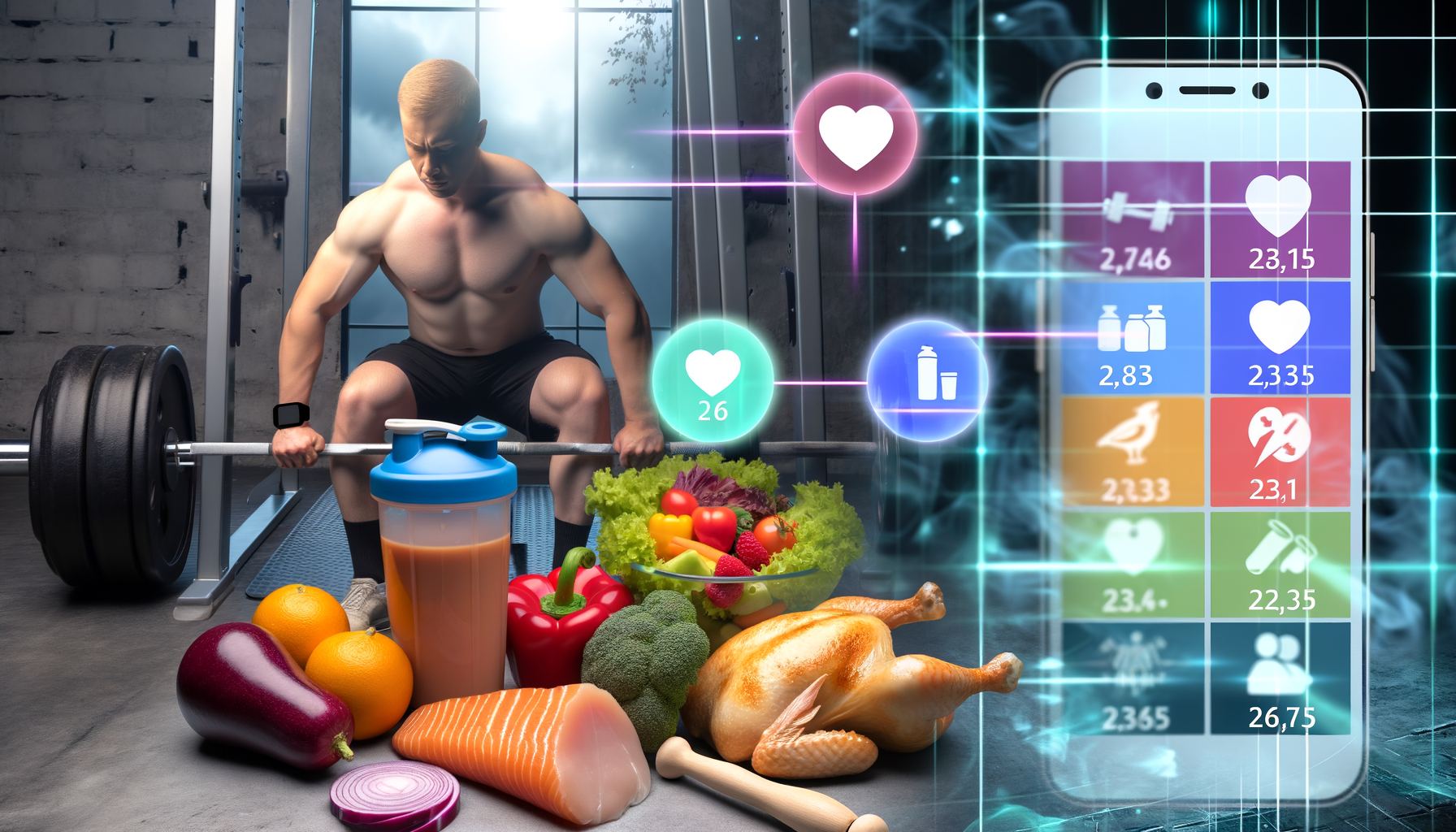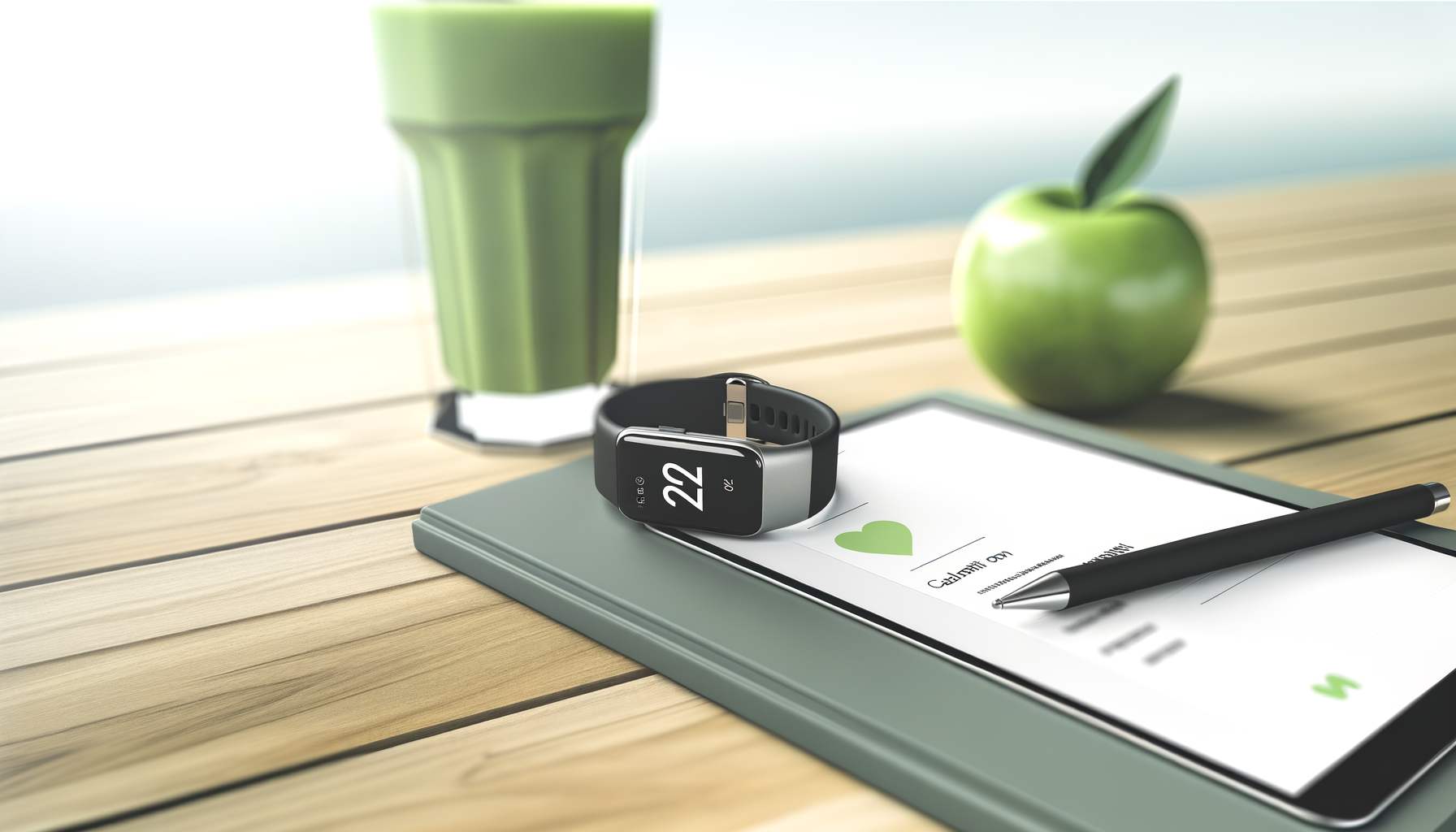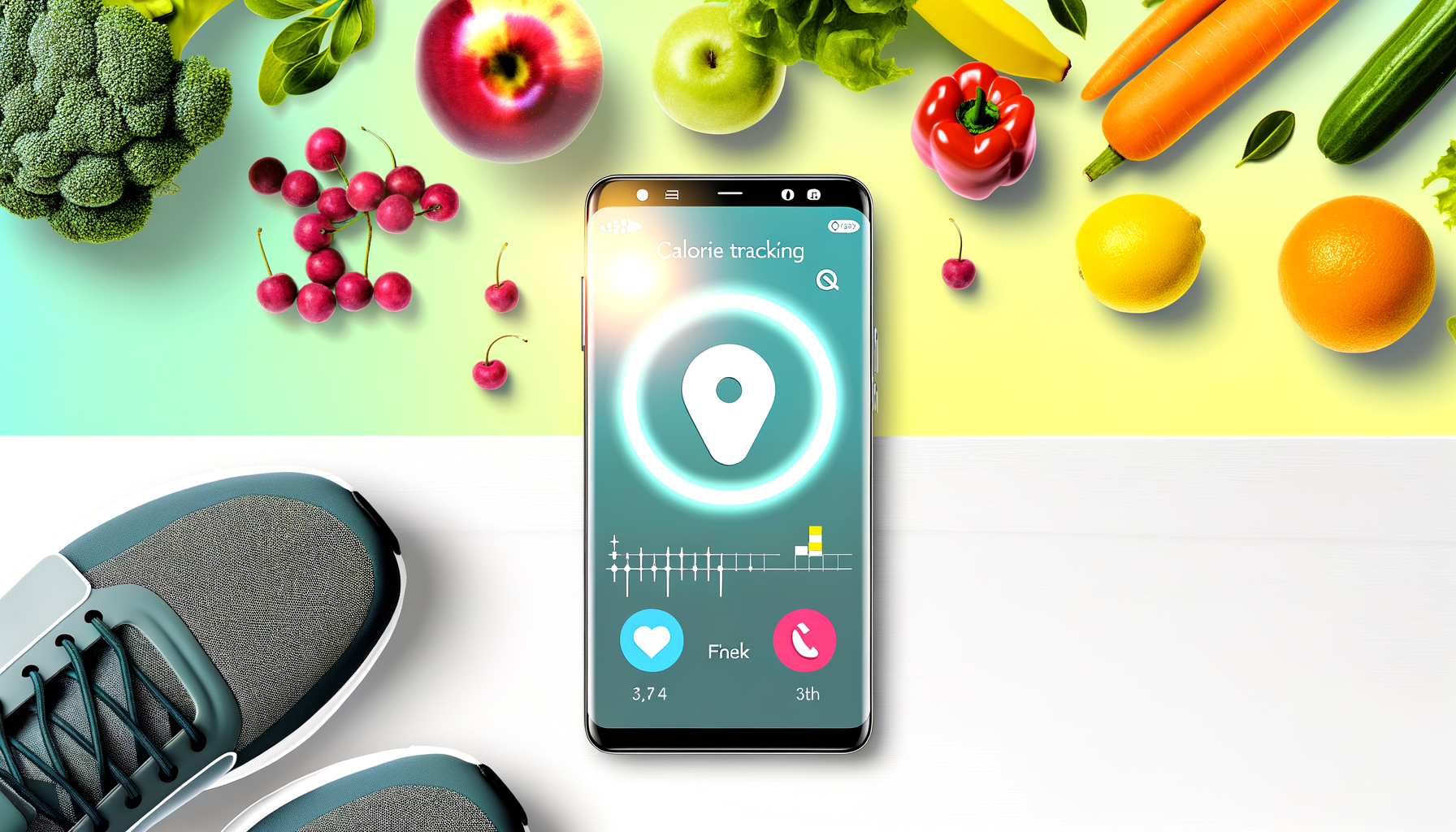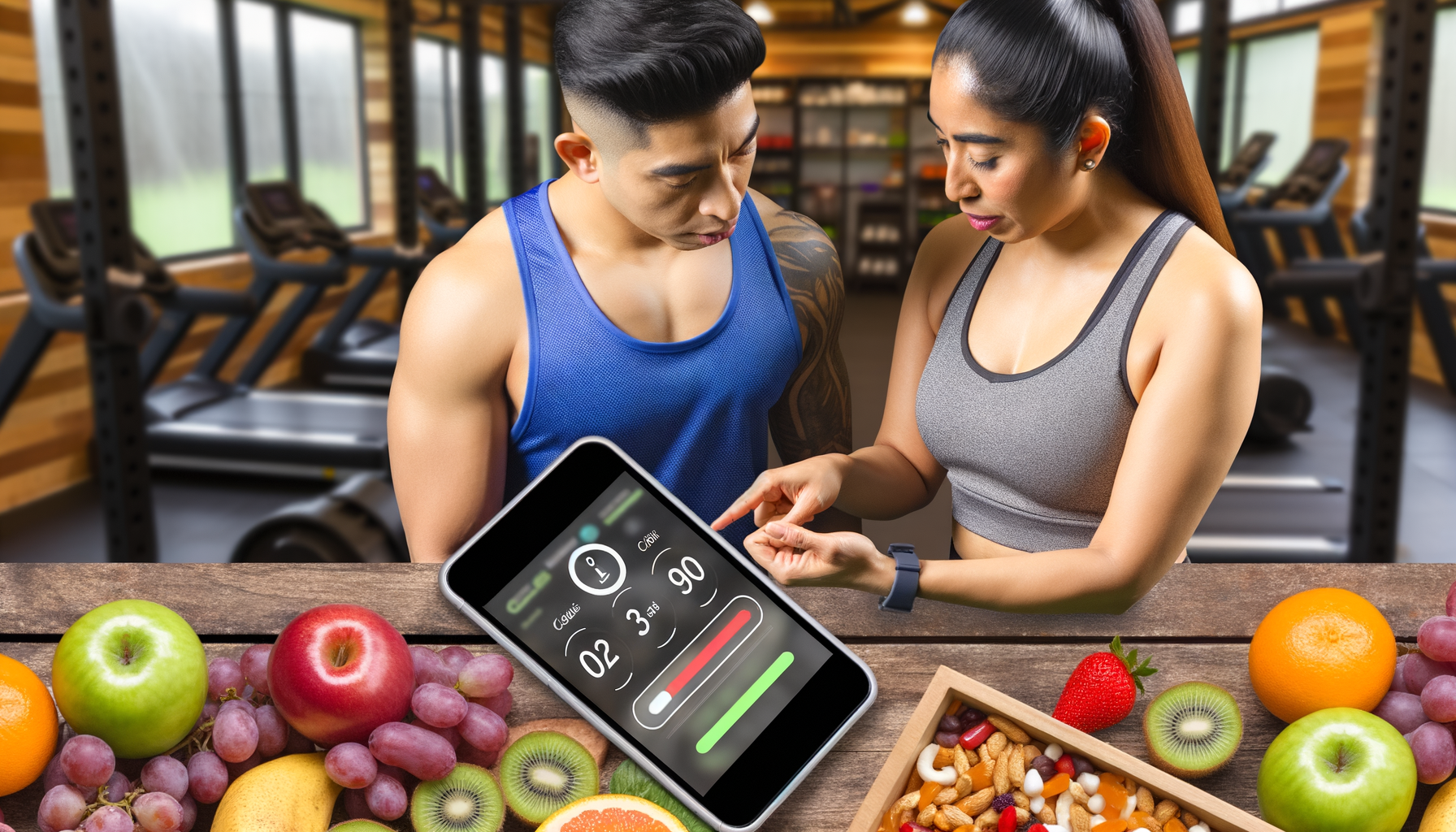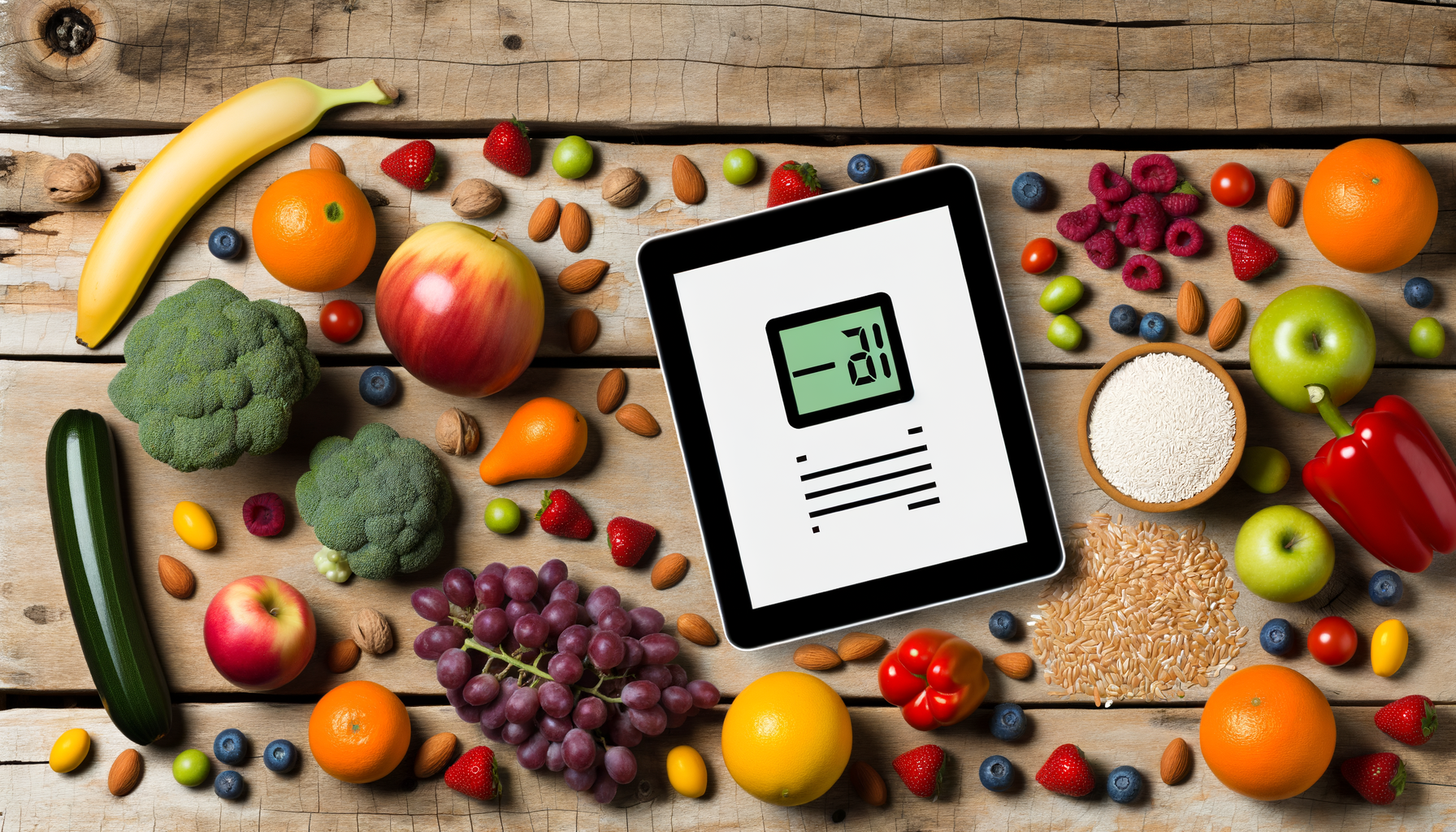Make Calorie Counting Easy for Clients with a Mobile Calorie App
Imagine a world where monitoring your daily calorie intake becomes as effortless as sending a text message. The rise of mobile calorie apps has revolutionized the way we track our nutrition, making it easier than ever to maintain a healthy diet. In this article, we'll explore how these apps can make calorie counting easy for clients, enhancing their journey towards a healthier lifestyle.
Enhancing Client Convenience with Mobile Apps
Mobile calorie apps have become indispensable tools for individuals seeking to manage their weight and maintain a balanced diet. These apps offer a range of features that cater to different needs and preferences, making them highly accessible and user-friendly. For instance, apps like MyFitnessPal and Cronometer are praised for their comprehensive databases and ease of use, enabling users to track calories and nutrients seamlessly.
Key Features of Mobile Calorie Apps
When choosing a mobile calorie app, several factors can enhance the user experience:
- Comprehensive Database: Apps like MyFitnessPal boast large databases of verified foods, making it easier to log meals accurately.
- Barcode Scanner: Features like barcode scanning, available in apps such as Cronometer, allow users to quickly add packaged foods to their diet logs.
- Integration with Fitness Trackers: Many apps integrate with popular fitness trackers, enabling users to track their exercise and calories burned alongside their dietary intake. For example, Fitbit integration is common among these apps.
On-the-Go Tracking and Habit Formation
One of the most significant advantages of mobile calorie apps is their ability to facilitate on-the-go tracking. This feature helps users form healthy habits by making it convenient to log meals and snacks throughout the day. For instance, apps like Lose It! offer tools for planning meals and tracking macros, which can be especially beneficial for those following specific diets.
Real-World Examples
Consider the case of Noom, an app that focuses not just on calorie counting but also on psychological aspects of eating. It provides personalized coaching and educational resources to help users develop healthier eating habits over time. Similarly, Lifesum offers personalized nutrition plans based on users' dietary needs and goals, making it easier to maintain a consistent regimen.
User-Friendly Design for Enhanced Accessibility
A well-designed mobile calorie app must be intuitive and easy to use. Features like a simple interface and intuitive navigation can make a significant difference in user engagement. For instance, FatSecret offers a user-friendly platform with features like food diaries and personalized nutrition advice, making it accessible to a wide audience.
Design Elements for User Engagement
Some key design elements include:
- Visual Feedback: Providing clear visual feedback on progress can motivate users to continue tracking their calories.
- Customizable Plans: Offering customizable diet plans can help users feel more in control of their nutrition journey.
- Community Support: Many apps, such as Cronometer, offer community forums where users can share tips and advice, enhancing the overall user experience.
Personalized Fitness and Calorie Tracking
Personalization is a crucial aspect of effective calorie tracking. Apps that offer tailored plans based on users' specific health goals can be more effective in helping them achieve their objectives. For example, MyNetDiary provides detailed nutrition analysis and personalized recommendations to help users improve their diet quality.
Case Study: Personalized Nutrition Planning
A case study involving MyNetDiary showed that users who received personalized nutrition advice experienced better weight management outcomes compared to those following generic plans. This highlights the importance of using apps that can offer personalized nutrition insights.
Conclusion and Next Steps
In conclusion, mobile calorie apps have revolutionized the way we track and manage our diet. By offering features like comprehensive databases, integration with fitness trackers, and personalized nutrition plans, these apps make it easier for individuals to form healthy habits and achieve their health goals. For health and fitness professionals looking to enhance client engagement, integrating tools like the WP Calorie Calculator into their services can provide a seamless way to offer clients personalized nutrition advice on their websites. Additionally, exploring different pricing plans via WP Calorie Calculator Plans can help tailor the service to meet specific client needs.
As the world of mobile calorie apps continues to evolve, it's clear that these tools will play an increasingly important role in promoting healthy eating habits and facilitating successful weight management strategies. By leveraging these technologies, both individuals and professionals can work together towards a healthier future.
For those interested in further exploring how these apps can enhance client convenience and promote healthy habits, consider visiting WP Calorie Calculator Blog for more insights and tips on using technology to support health goals.
Lastly, don't forget to check out other calorie-tracking apps like Lose It! and CaloriMate, which offer innovative approaches to calorie counting and diet management.



